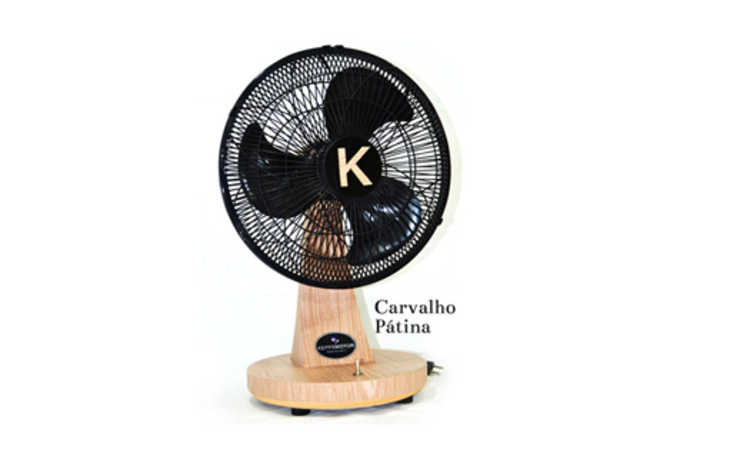Geranium Essential Oil: Ten Proven Benefits
Understand what the essential oil of geranium is for and see what scientific studies say about it

Edited and resized image by Kelly Sikkema is available on Unsplash
Geranium essential oil is produced from steam distillation of the leaves of the Pelargonium graveolens, a plant species native to South Africa. It is used in aromatherapy for its antioxidant, bactericidal, anti-inflammatory, antiseptic and astringent properties.
1.Treat acne, dermatitis and other skin inflammatory conditions
A review of studies on the essential oil of geranium concluded that its antiseptic and anti-inflammatory properties make it an ally in fighting acne, irritation, inflammation and skin infections when used topically.
- 18 Home Remedy Options for Pimple
One study found that geranium essential oil has the potential to be used as an anti-inflammatory drug with few side effects.
2. Good for leg edema
A study concluded that geranium essential oil can be used to treat leg swelling caused by edema (fluid retention). Some evidence indicates that geranium essential oil can be dissolved in warm water and applied to the affected region.
3. Treat nasal wounds
Medicines used to treat cancer, blowing your nose often repeatedly and dry weather are factors that can lead to the development of sores in the nasal region. A study suggests that these sores, pain, dryness and bleeding in the nose can be treated with geranium essential oil.
4. Fight bacterial infections
Geranium essential oil can fight bacterial infections. One study found it to be as effective as amoxicillin in fighting bacterial strains such as Staphylococcus aureus and Listeria monocytogenes, which are harmful to health.
5. Decreases neuroinflammation
Certain neurodegenerative diseases such as Alzheimer's disease, multiple sclerosis, Parkinson's disease and amyotrophic lateral sclerosis (ALS) are associated with varying degrees of neuroinflammation.
One study found that high concentrations of citronellol, a component of the essential oil of geranium, inhibit the production of nitric oxide, reducing inflammation and cell death in the brain.
According to researchers, geranium essential oil may have benefits for people with neurodegenerative diseases that include neuroinflammation.
6. Helps you go through menopause and perimenopause
One study found that aromatherapy with geranium essential oil is beneficial for menoupause and perimenousa by stimulating estrogen production.
- Menopause Remedy: Seven Natural Options
- Menopause: symptoms, effects and causes
7. Good for stress, anxiety and depression
Aromatherapy is becoming more and more popular, even in hospital settings. A study of women in labor found that inhaling geranium essential oil has a calming effect, being able to reduce anxiety associated with early labor.
Other evidence also suggests that the essential oil of geranium may promote relaxation and be an ally in combating depression. A study analyzed the calming and antidepressant effects of the species' geranium essential oil. pelargonium roseum and found it to be effective in reducing stress.
8. Relieves pain caused by herpes virus
The herpes virus can lead to a very painful condition that affects the nerve fibers and skin that runs along a nerve.
One study found that topical application of geranium essential oil significantly reduced pain in postherpetic neuralgia within minutes of application. These effects were temporary and required reapplication as needed.
9. Allergies
According to one study, the citronellol content of geranium essential oil makes it potentially effective in reducing allergic reactions. Topical use can reduce itching caused by allergic reactions due to anti-inflammatory action.
9. Wound treatment
Evidence suggests that essential oil of geranium may be beneficial in keeping small wounds from bleeding. This may be due to its effect of accelerating the clotting and contraction of blood vessels. Its antibacterial and antiseptic properties are also beneficial for healing.
10. It is an ally of diabetics
Geranium essential oil has long been used in Tunisia as a folk remedy to reduce hyperglycemia. One study found that daily oral administration significantly reduced glucose levels. Researchers suggested that the essential oil of geranium may be beneficial in alleviating high blood sugar levels in people with diabetes, but they also indicated that more studies are needed.
Humans should not consume geranium essential oil. Human research is still needed, but aromatherapy using a diffuser or topically applied is effective.
Geranium oil vs. rose geranium oil
Geranium essential oil and rose geranium essential oil come from different varieties of plant species. Pelargonium graveolens. They have nearly identical compositions and properties, making them equally beneficial to health. Rose geranium essential oil has a slightly more floral aroma, similar to roses.
How To Use Geranium Essential Oil
Geranium essential oil can be diluted in a carrier oil (such as sesame oil, coconut oil, grape seed oil, among others) and used topically on the skin. You can use it as a spot treatment for acne or itchy skin or as a massage oil.
- Discover 12 types of massage and their benefits
Some carrier oils can cause an allergic reaction when applied to the skin. Before use, test in a small area to ensure it does not cause a reaction.
When diluting geranium essential oil in a carrier oil, it is important to follow these dilution guidelines: For adults, start by mixing 15 drops of essential oil into six teaspoons of carrier oil. This equates to a 2.5% dilution. For children, three to six drops of geranium essential oil in six teaspoons of carrier oil is a safe amount.
As an aromatherapy treatment, you can apply geranium essential oil to paper towels or fabrics that you don't mind staining. You can also place it in a room diffuser, to perfume a large space. There are also diffusers for personal use, such as pendants that you can oil and breathe in on the go.
Essential oils should never be ingested.
Geranium Essential Oil Side Effects
When used correctly, geranium essential oil is considered safe for most people. Some people may experience a rash or a burning sensation when using it on their skin. Never use essential oil directly on the skin unless it is diluted with a carrier oil.
Where Can I Buy Geranium Essential Oil
You can buy geranium essential oil from online stores such as the eCycle portal , or in physical stores.
How to Make Geranium Oil at Home
If you have several weeks to spare, you can make geranium essential oil at home:- Cut about 340 grams of geranium;
- Fill a small, clear glass jar halfway with olive or sesame oil and submerge the leaves, covering them completely;
- Seal the pot tightly and place it in a sunny window for a week;
- Strain the oil with gauze into a different glass bottle. If possible, compose the leaves;
- Add an additional supply of fresh geranium leaves to the oil;
- Close the new bottle and leave it again in a sunny window for a week;
- Continue these steps each week for another three weeks (five weeks total);
- Pour the essential oil into a bottle that can be kept tightly closed. Keep in a cool, dry place and use within a year.
Alternatives to Geranium Essential Oil
There are many essential oils that contain health benefits that you can experience, based on the specific condition you want to treat. They include:- Lavender for depression, anxiety, acne and skin irritation;
- Chamomile for muscle pain, pain and swelling;
- Peppermint or sage to relieve menopause symptoms.
Adapted from Corey Whelan










